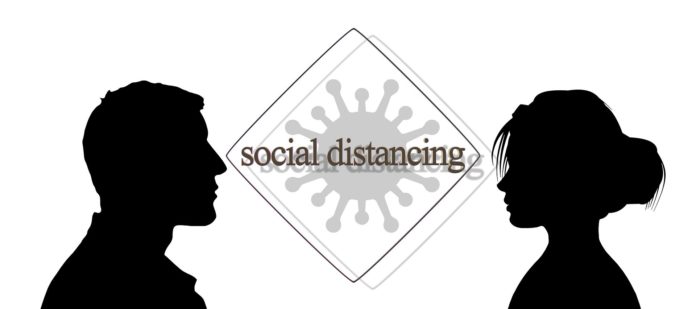The COVID-19/coronavirus outbreak has been a source of anxiety for many of us. It has reinforced the huge inequalities in South Africa and around the world of those who have access to resources and those who don’t. The virus affects everyone differently. But some of us will be left more vulnerable, especially living in informal settlements, the elderly, immunocompromised people and those suffering from mental health illnesses.
Here are some ways to help the vulnerable in society:
Shop Responsibly
We’ve all seen the images of people pushing and pulling -yes, simultaneously – trolleys -yes, plural- filled with Ricoffy, Cremora and, well, other stuff. While it is a perfectly human response to panic, hoarding food is not a suitable reaction. Panic-buying by those who have access to resources and time to spend in long lines puts a burden on those who do not. People who have jobs that cannot take time off from as well as the elderly will be unable to panic-buy. Instead, they will be left without any resources. So, be better than two-trolley-person.
Support food banks
Another direct impact of people panic buying is that food banks and NGO/NPOs that provide meals to vulnerable people will run out of resources. Instead of panic buying and filling one’s own pantry and cupboards with months worth of food, rather donate to organisations that are helping the people who need it the most. Organisations like Food Forward SA, Food Bank South Africa, Gift of the Givers and more can collect this and distribute it where it is most needed.
Look out for your community
As part of the South African government’s plans to fight the virus, social distancing has been encouraged. Social distancing means limiting physical contact between yourself and others. This has been shown to help “flatten the curve”. It helps reduce infections, thus reducing the burden on the public health system.
While this is helpful, it can be difficult for people suffering from mental illness. Dr Sue Goldstein, a medically qualified public health specialist said people at risk can be helped by calling in on them, doing shopping for them, and providing company albeit at a distance.
Older people have been found to be the most vulnerable. The best way to help them Goldstein says is to ask them what type of help they need. Perhaps your elderly neighbour or grandparents need their medication or for someone to buy their groceries. The best way to assist anyone is to ask them what type of help they need.
And the final and best way to help vulnerable people
The best way to help yourself and those around you is to adhere to government regulations and the World Health Organisation’s advice. Practise basic hygiene by washing your hands with soap and water or using alcohol-based sanitisers. Reduce your physical contact with others. While you might not have any complications if you are tested positive for coronavirus, you may pass it on to a person with underlying health conditions.
Goldstein said people who are on treatment should make sure they continue their treatment. “Remember that COVID-19 is a mild illness in 80% of people,” said Goldstein.
Lastly, a good way to help vulnerable people is to not spread fake news or misinformation. The South African government has announced fines for anyone found doing this. However, it could have serious issues for vulnerable people by causing more anxiety and stress for them.
Be considerate, social distance, and WASH YOUR HANDS.









